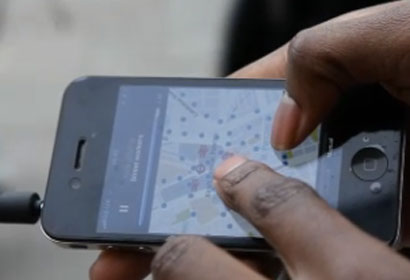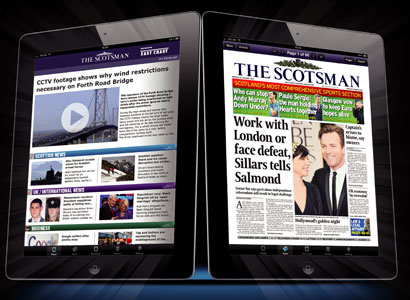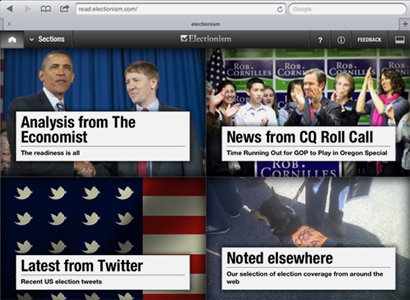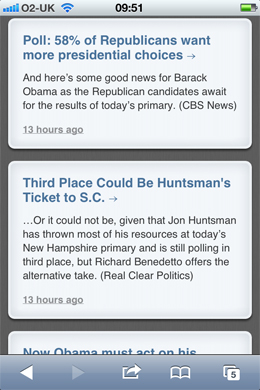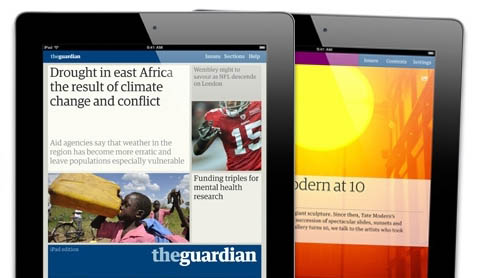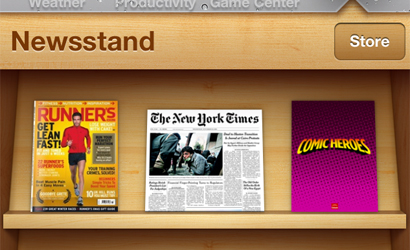Here is an idea for all journalists: use Bambuser to broadcast a livestream video from your phone.
The app and mobile site allows you to stream video from no less than 360 mobile phone models.
Sky News North of England correspondent Nick Martin yesterday used his iPhone to livestream a report on queues at fuel stations.
It wasn’t broadcast live or aired later on Sky news on this occasion but enabled Martin to share live footage with his Twitter followers. A total of 45 watched it live, with current viewer stats standing at 443.
He told Journalism.co.uk:
We’ve been covering the fuel problems at forecourts across the country.
It was just a case of going past a forecourt and seeing pretty lengthy queues of 50 or 60 cars and not having a cameraman with me.
It’s a way of getting pictures in real time to Twitter followers or to a news desk.
The quality sometimes isn’t great but a way of people being able to plug into what you’re doing as a reporter.
Martin said he saw real value in the possibilities during a breaking news story, such as the riots, of the channel broadcasting the phone footage live.
Martin explained that Sky News has its own technology to allow reporters to sent high quality phone video footage to the newsdesk.
Hans Eriksson from Bambuser told Journalism.co.uk:
Bambuser has been used by several smaller local media outlets in the UK over the last year but this is the first time it’s been used this way by a nationwide media.
Bambuser is a previous app of the week for journalists.
Nick Martin spoke about his innovative uses of apps at last month’s news:rewired conference for journalists.
Here are Martin’s three pieces of advice for journalists considering using mobile phones for reporting. The liveblog of the session is at this link.



